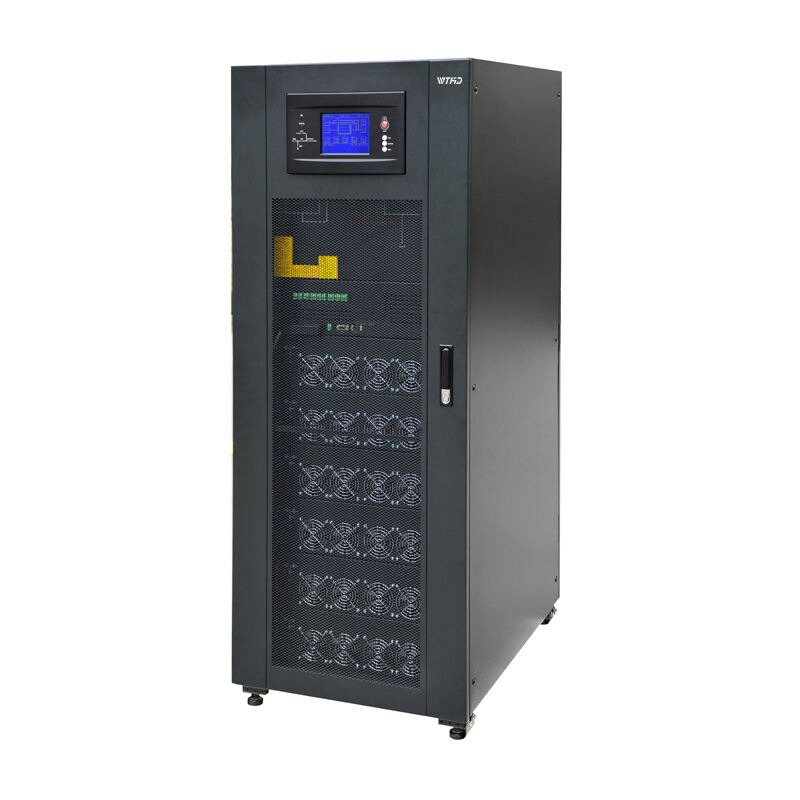Data center operates 24/7, and even small power outage is going to lead to huge problems. This is why it is necessary to have a UPS (uninterruptible power supply). It does not only have a backup battery, but it keeps servers, networks, and storage operational during a power failure. In its absence, systems may crash, services may fail and information may be lost. This paper describes how a UPS enhances reliability using easy examples and practical tips.
What Is a UPS and Why It Matters for Data Centers
A backup device that is used in case of power outages to ensure that equipment in the data center stays on is known as a UPS (uninterruptible power supply). It works as a safety net, switching to its battery or flywheel right away so that servers, storage, and networks stay up until power is restored or generators start. Data centers often use online (double-conversion) UPS systems because they provide clean, constant power and are not affected by spikes or drops that might harm equipment and destroy data. For example, a Singapore cloud service provider prevented the loss of time in a blackout because their UPS filled in the lost time as generators came on. Selecting the appropriate UPS requires weighing between load capacity, backup time, and scalability, in addition to performing a regular maintenance that will guarantee reliability.
How UPS Prevents Downtime and Data Loss
Power issues in a data center are not necessarily complete blackouts, but may be brief dips, surges, or even temporary outages, which nonetheless cause server crashes, database corruption, or other connection failures. This is prevented by a UPS which reacts immediately by switching to battery power within milliseconds and systems continue to operate without stopping. It can be compared to a shock absorber as it will help to even out the not very stable power and prevent expensive reboot-ups or loss of data. In one example, when power fluctuated across a city, those sites that had a stable UPS system continued operating normally, whereas others had to restart and fail transfers. Even a UPS shuts down until the generators turn on during longer outages. It should be checked regularly, have its battery maintained and have its load planned to remain effective.
UPS in Edge Computing and Micro Data Centers
The stores, factories, or small offices will be edge computing locations that require stable power. A UPS ensures that systems continue to operate even when there is an outage or safe shutdowns when there is no IT personnel around. Small or remote data centers use tiny UPS units to guard against surges and brownouts and monitor the health of power and battery at multiple locations remotely.

